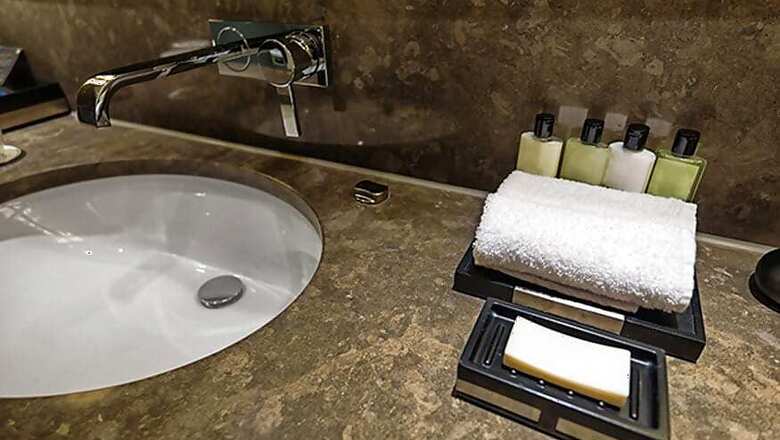
views
Travellers from China, Brazil and Spain have emerged some of the most earth-friendly globetrotters in a new survey aimed at gauging environmental attitudes ahead of Earth Day.
For its "Sustainable Travel Report," online reservation site Booking.com asked 1,000 respondents in 11 countries about their travel plans in 2017.
According to their data, travellers are more conscious about reducing their environmental impact this year than last, with a respectable 65 percent of respondents saying they will consider a hotel's environmental record or philosophy when booking in 2017 -- nearly double the percentage from 2016.
The most conscientious respondents came from China, where 93 percent said they're more likely to choose an accommodation if it's eco-friendly, followed by Brazil (83 percent) and Spain (80 percent).
Overall, less than half (46 percent) of respondents globally said they consider themselves to be sustainable travellers.
And while markets like Australia, Brazil, Japan and the US saw dips this year, the percentage of travellers who identified themselves as environmentally-friendly rose in countries like Italy, Germany and China.
The survey also revealed that people define sustainable travel in different ways.
For more than half of respondents (56 percent), a green hotel tops the list of what it means to travel sustainably.
The most important eco-friendly practice that travellers look for in a sustainable hotel is the use of solar energy (67 percent), followed by a sustainable water system (43 percent), low-flow showers and toilets (36 percent), organic dining options (31 percent) and recycling (29 percent).
For about a third of respondents the definition of green travel has more to do with behavioral habits, such as reusing towels and bed sheets, and reducing the use of amenities like shampoo and soap.
A similar percentage of respondents associate sustainable travel with authentic, local experiences like buying locally-made products and supporting artisans.




















Comments
0 comment